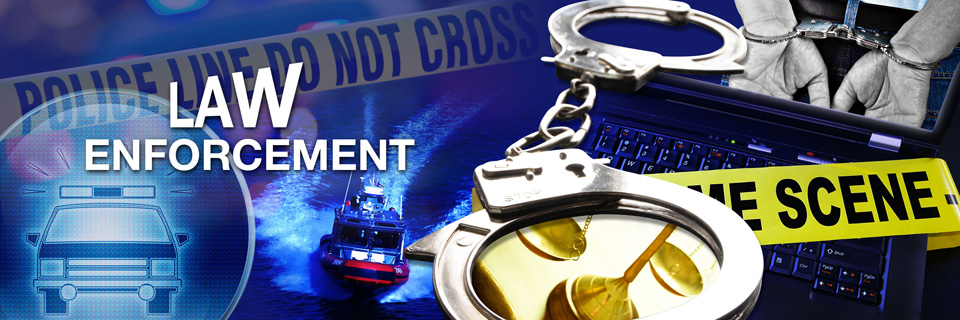Sherff’s Department:
The Sheriff’s Department is the suburban equivalent of normal city police, but they happen to be smaller in size and mostly operate in a ‘County’. Unlike most police heads, Sheriffs are elected by the people. The Sheriff’s Department operations are the same as that of the city police department or any other urban police department, the only time we see some difference is that some Sheriff’s Department operates jails in a county and their services are provided to the local courts. Here, we have sheriffs and deputy sheriffs.
The different roles of the Sheriff’s Department are as follows:
1. Enforcement of Law
2. Court Duties
3. Maintenance of County Finances
4. Traffic Duties
Enforcement of Law:

Law enforcement is the primary duty of the Sheriff’s Department. A sheriff is the designated chief law enforcement official in a county. He along with his deputies are on patrols in the county and have the authority to arrest any person threatening the law and order. The department can also issue warrants for suspects and criminals and can seize illegal goods if found during an arrest process. The Sheriff’s Department also attends to complaints and emergency calls from the public and take actions to address them.
Court Duties:
Being the primary law enforcer, the Sheriff’s Department also has the job of enforcing any orders given by the local courts. They have to present any accused person in front of the judge in the court and are tasked to bring any witness or accused to judge in case they have missed their court date and in extreme cases arrest them for the crime of ‘contempt of the court’. Providing security in the courts, the arrangement of transport for the defendants and the process of escorting them in and out of the courtroom safely are also the job of the Sheriff’s Department.
Maintenance of county finances:
This role occurs in some jurisdictions, in those cases, the Sheriff’s Department is responsible for collecting taxes and maintain a record for the taxes levied. The department looks out for people who don’t pay their taxes or refuse to do so and enforces payments. All this has to be done at the least cost possible and with maximum efficiency, as it is the duty of the Sheriff’s Department to safeguard the interests of the taxpayer in the county. But, this duty is seen only in a few counties and most of the time it’s only to take care of tax defaulters and safeguarding of taxpayers’ interests.
Traffic Duties:
Traffic monitoring is within the Sheriff’s Department jurisdiction and they are responsible to maintain it. The officers in the department have the power to conduct routine vehicle inspections on the roads and can stop any vehicle. In the case of traffic laws violation, they can seize the person’s vehicle and can penalize the person or arrest him/her in some cases. In case of an accident, the department has to visit the accident scene to collect evidence and also question any witness present to aid in case of an investigation. They also provide first aid to the injured until the medical service arrives.
These are the roles of the Sheriff’ Department in a county, and they are as important as any urban police.